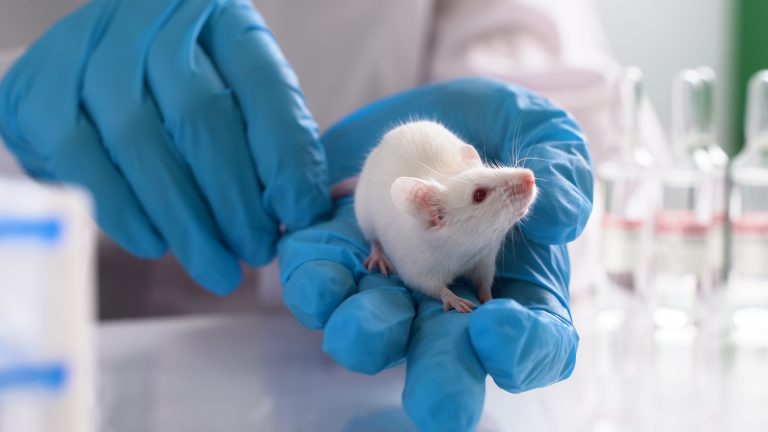In mammalian genome, enhancers are sequences that are often far away from their target genes. They play a key role in transcription regulation through long-range DNA loops. It is now widely accepted that genetic variants within enhancers may cause gene mis-regulation and human diseases. However, an unexplored realm is the relationship between DNA sequence and 3D genome features, especially DNA loops. It is important to elucidate how the transcription machinery translates the genetic variants into variable events at 3D genome levels and leads to transcriptional or physiological alterations.
Fulai Jin and Yan Li, associate professors in the Department of Genetics and Genome Sciences at Case Western Reserve University, have received a four-year, $2.65 million grant from the National Human Genome Research Institute, to generate a comprehensive map on how DNA variants affect the DNA looping using mouse pancreatic β cells as a model system.
Every human cell has two copies of genomes inherited from the parents with slightly different sequences. Similarly, different mouse strains also have different sequences. For this reason, the architecture and activity of the two DNA copies are often different. In this project, the scientists will take an initial step in solving the genetics of mammalian 3D genome using a panel of F1-hybrid mouse strains. This is enabled by a new tool named DeepLoop published by the team in Nature Genetics, which can sensitively and robustly identify kb- resolution chromatin loops from allele-resolved sequencing data. Upon the completion of this project, the scientists will survey, nearly the entire spectrum of genetic variants in all common lab mouse strains. In the meantime, the investigators will also create a map of conserved 3D regulome between human and mouse β-cells to infer human biology from mouse genetic data. This study will advance our understanding of the genome function in the context of 3D space and provide a launch pad for future human studies in more tissue- or cell-types.
Jin and Li from Case Western Reserve University, and Alan Attie from University of Wisconsin-Madison are MPIs of this award.

